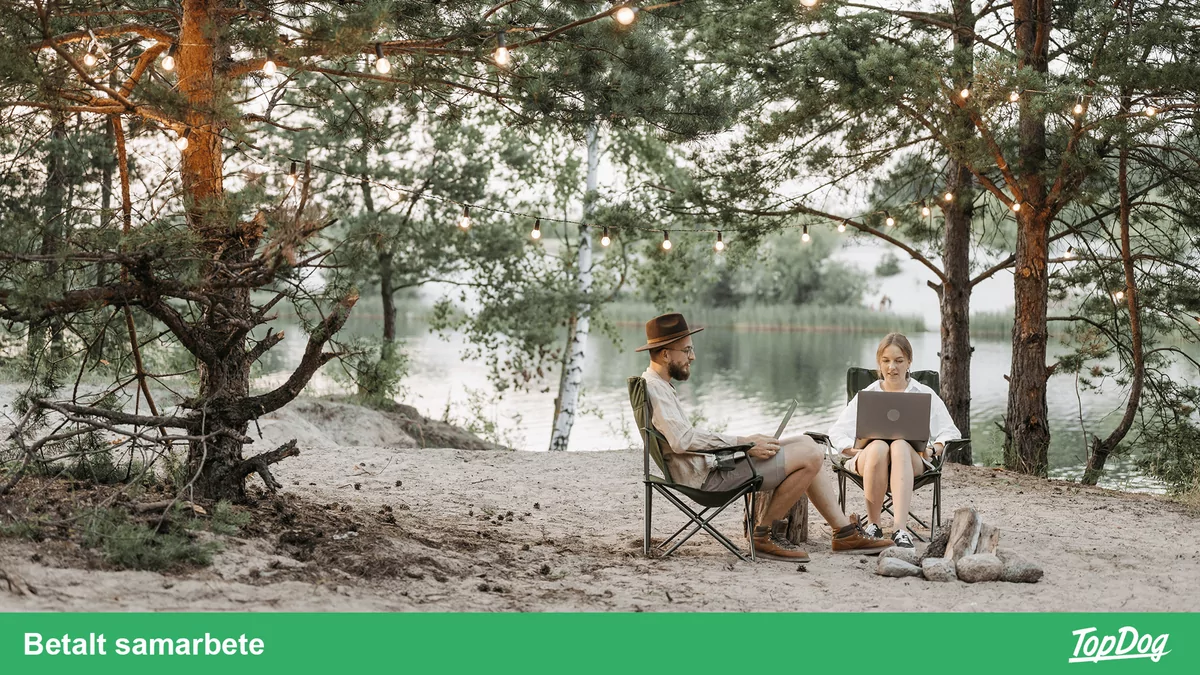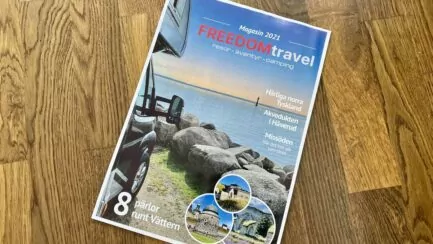Search engine optimisation (also known as SEO) of your website or travel blog is one of the most important things you can do if you want visitors to find you on Google. You can get traffic to your website through social media, but ultimately Google is where most people go when they're looking for travel tips and inspiration. We know exactly what it's like to start a travel site and want to help others experience the world, so we've put together some tips on how to search optimise your site and get more visitors.
Table of contents
Identify your search terms
When you create a travel blog, you might not think about keywords, but mostly about the destinations you want to write about. However, it's a good idea to list travel-related words that you want to write about and then check how many searches are made for those words each month, as well as what similar search terms might be suitable. You can also search for the words yourself and see what results come up. It is worth noting that search terms can consist of one or more words.
Decide which keywords and search terms are relevant to you. You probably won't be able to cover everything, so consider whether you should target a specific type of travel, a particular audience or a country you know a lot about.
Make sure your site is fast and easy for Google to index.
The technical part of search engine optimisation can be a bit tricky, but if you're a bit technical and don't give up at first, you can do a lot of it yourself.
Google likes websites that load quickly, because they know that visitors have short patience. One way to improve your website's loading time is to make sure your images are not too heavy (not too large a file size).
Google also likes a clear site structure. They want it to be easy for users to find their way around the site and for all pages to have a clear purpose. It is therefore not recommended to have pages that only consist of links to other pages, such as category pages.
You also need to consider that your travel site should be easy to use on mobile phones, that you don't have duplicate content and that you need to upload your sitemap to Google for indexing.
If you want to read more about SEO for travel sites, check out Topdogs website.

Create an article for each relevant keyword
Google likes websites that can answer visitors' questions. So make sure you create separate articles for each search term you want to appear on.
For example, "best travel tips in Europe", "best travel tips in France" and "best travel tips in Paris" need different pages. People looking for information about Paris specifically do not care about the whole of France and Google knows this.
Technically, this is called "search intent". You can get an idea of what Google thinks is good content for your search terms by looking at the content of the top 10 results today. Search intent can be divided into four important categories:
1. Search for information
The visitor wants to know something practical, answer a question or learn something. Example of a search phrase "how to book a train in Japan".
2. Navigate
The visitor uses Google instead of typing the address directly where they want. Example of a search phrase "SJ train".
3. Research before buying
The visitor wants to compare different options or find the best option, often because they are thinking of buying. Example of a search phrase "cheapest trip to Paris".
4. Carrying out a transaction
Visitors know what they want and want to find the best place to find or buy something. Often searches are made with specific brand names. Example of a search phrase "book flight Paris SAS".
Creating quality content
It may sound like you have to create thousands of pages to have a chance of appearing in Google, but it doesn't have to be that way. Make sure that creating quality contentwork manually to spread it to others and be consistent in creating new content so your visitors know they can come back for more inspiration every day or every week.
Google appreciates sites that have long-term visitors, and if you choose search terms with a little less competition for the top 10 spot, you may soon have a chance to be seen by new visitors via Google.
If you want to further boost your site's trust with Google, you can ask for links from other relevant websites. As long as they have a good reputation with Google, you are doing both their visitors and yourself a favour if you suggest where the site could link to learn even more about the area you are writing about.
Learn more about SEO
There's a lot to be said for search engine optimising your travel site, and the travel industry is a competitive one, so if you want to stand out, SEO is something you need to work on. The tips above are some of the most important things to keep in mind. Want to know more about how to learn SEO? Read Topdog's useful article on how to learn SEO.
If you'd rather hire an expert to help you with your SEO, be careful not to pay someone who promises you "first place on Google". No serious search engine optimiser will promise anything like that, they will go through your site carefully and find out what your business goals are, but they will never promise you a number one ranking, they will identify what you can do to have the best chance of ranking highly. Search engine optimisation is a long-term effort that is well worth it when more and more visitors start finding your travel site.

















1 Pingback